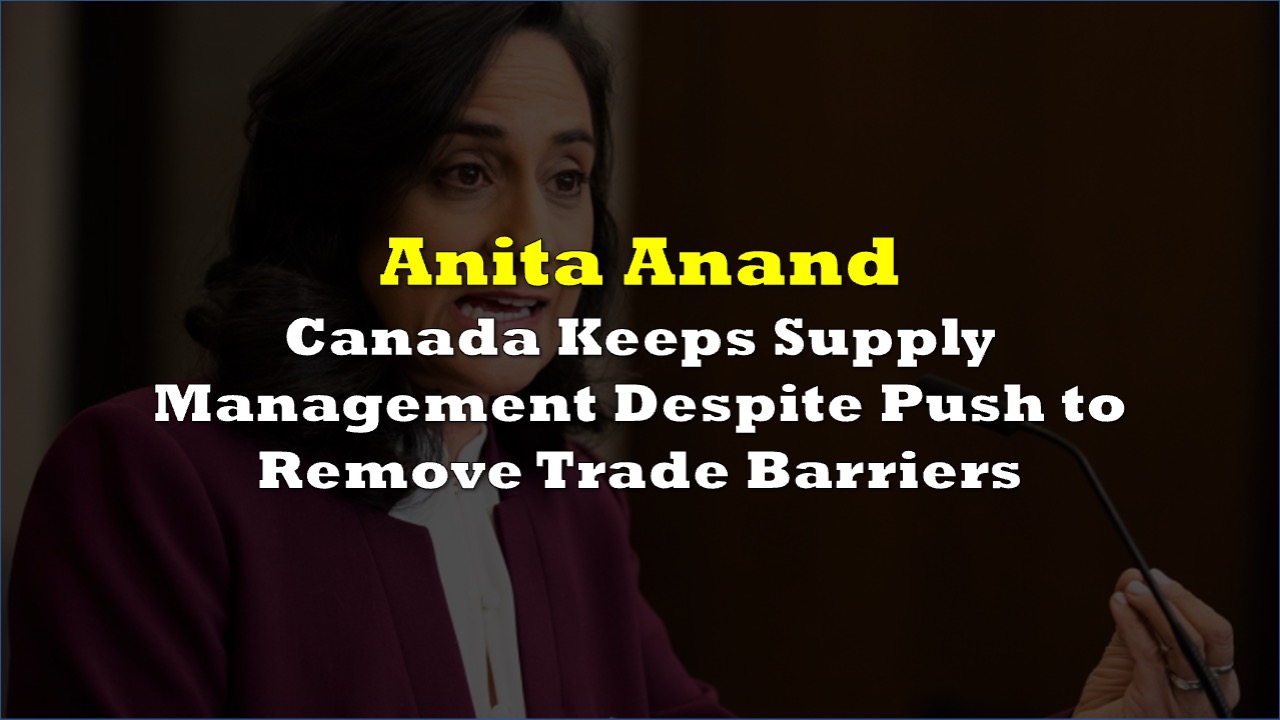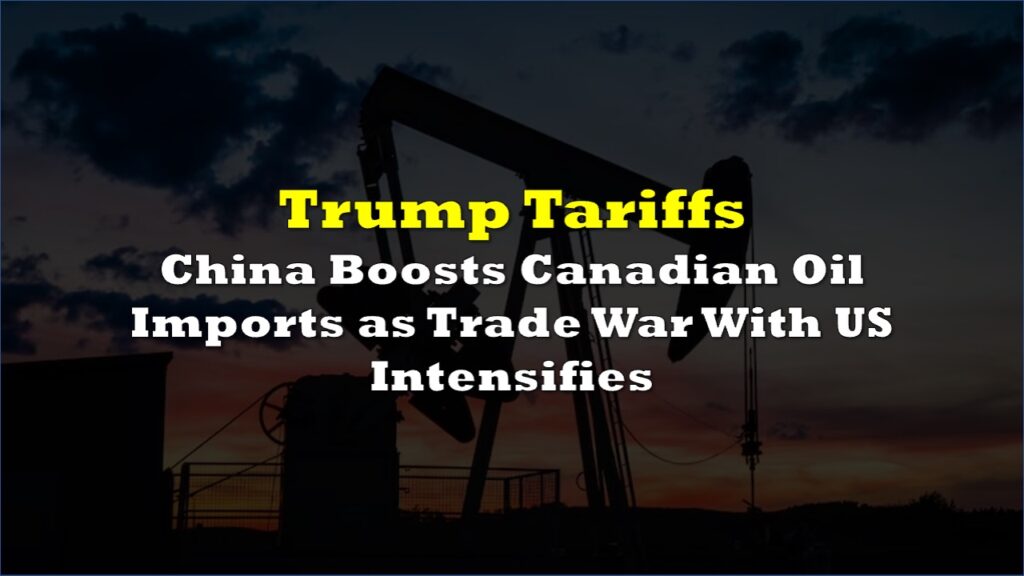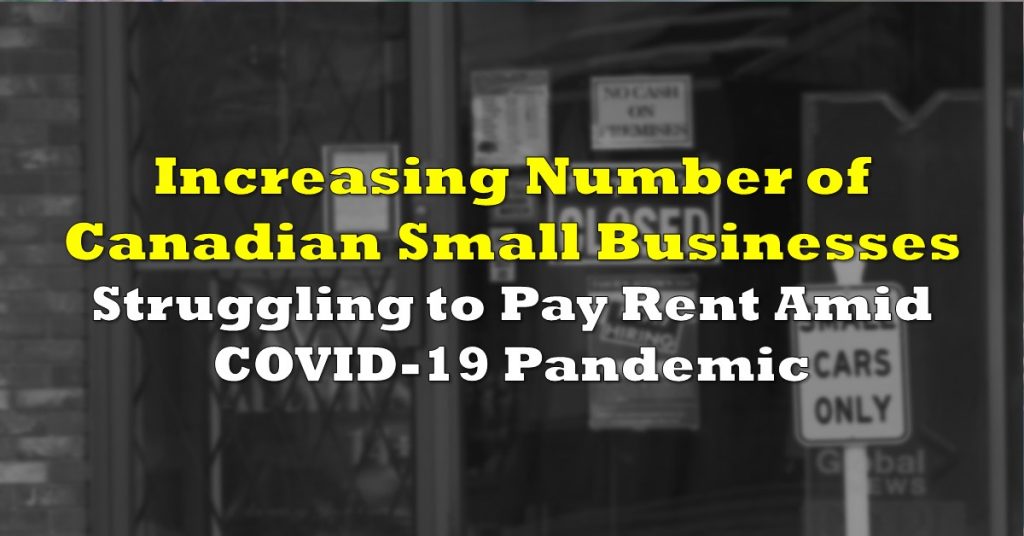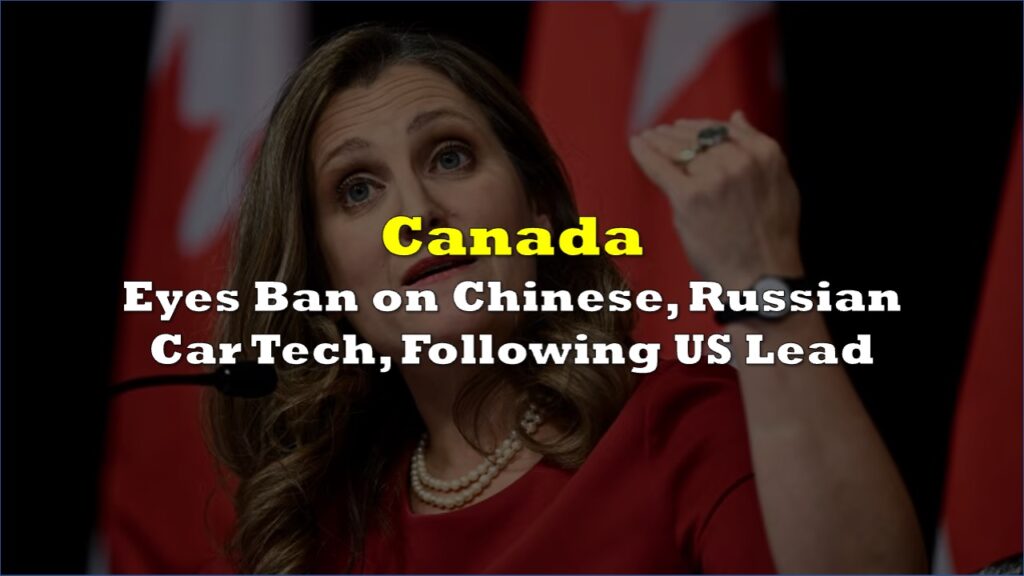Canada will keep its controversial supply management system for dairy and poultry products while pursuing other interprovincial trade reforms, Transport and Internal Trade Minister Anita Anand said last week.
“Substantial progress can be made in the short term in reducing barriers to interprovincial trade in goods and services,” Anand told reporters in Halifax, while confirming supply management — a system that controls the production and pricing of dairy, eggs, and poultry products across provinces — remains “off the table.”
The announcement comes as Canadian egg prices have risen 11-12% nationwide over the past year, while US prices have soared above $11 per dozen in some states amid an avian flu outbreak affecting 10% of laying hens.
Dr. Sylvain Charlebois, Director of the Agri-Food Analytics Lab at Dalhousie University, says Canadian consumers will continue to fare better than their American counterparts. “While US consumers have seen price hikes of 60%, 80%, or even 100%, Canada is expected to experience a more moderate increase of up to 6% nationally this year,” he said.
Minister Anita Anand: "We will eliminate all interprovincial trade barriers within 30 days."
— The Food Professor (@FoodProfessor) February 9, 2025
Press: "So, you'll address supply management, which exacerbates the protectionism between provinces?"
Minister Anand: "No, supply management is off the table."
Conclusion: "So we're… pic.twitter.com/uXQBbGzNB3
Canada has culled approximately 14.5 million chickens during the current avian flu cycle, with British Columbia experiencing the most severe supply shortages. Ontario ranks second, though officials say the outbreak appears contained.
Industry groups warn that maintaining supply management while promising barrier-free trade sends mixed signals about Canada’s commitment to economic integration.
“We can’t afford to ignore opportunities to strengthen trade within our own borders,” Randall Zalazar, director of government relations at the Canadian Chamber of Commerce, told Global News.
The International Monetary Fund estimates Canada could boost its GDP per capita by 4% — about $2,900 — by liberalizing internal trade in goods, according to the government’s 2024 fall economic statement.
Anand said that government will focus on three immediate reforms: mutual recognition of provincial regulations, reduced licensing requirements for professionals moving between provinces, and streamlined federal procurement rules.
Information for this story was found via the sources and companies mentioned. The author has no securities or affiliations related to the organizations discussed. Not a recommendation to buy or sell. Always do additional research and consult a professional before purchasing a security. The author holds no licenses.









